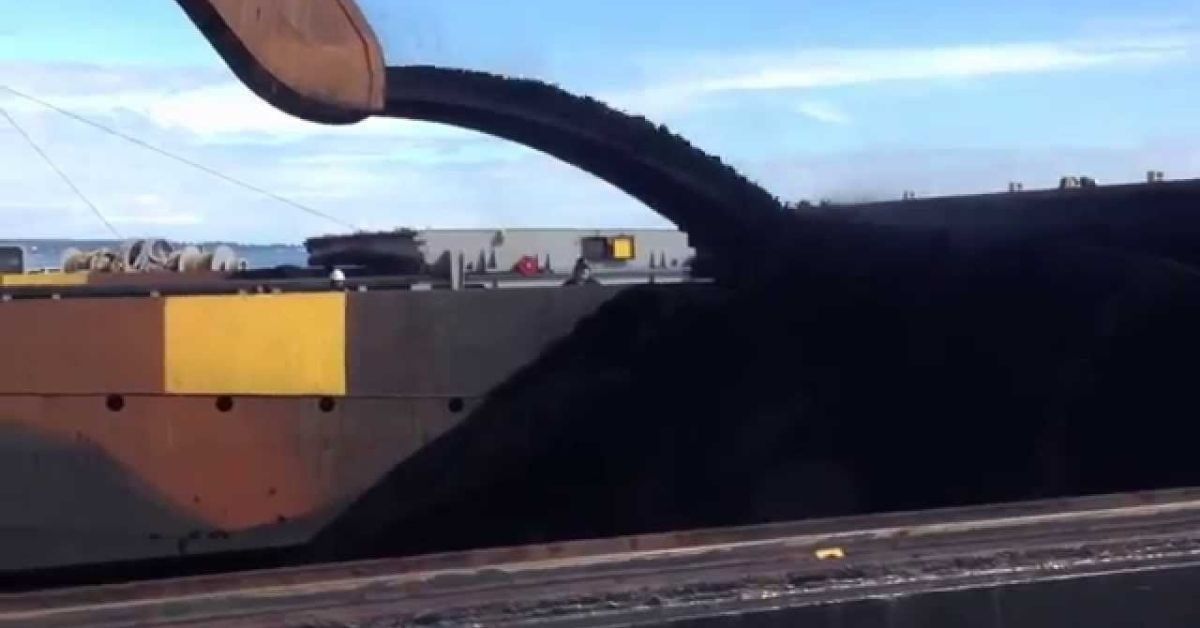Importers will have to bear demurrage charges because of the delay, ranging from Rs 5-35 lakh per day depending on the size of the vessel and volume of commodity stranded. This additional charge will add to the cost of coal and is expected to be a pass-through.
Several port authorities have sought the government’s intervention over the build-up of coal at their premises.
The Visakhapatnam Port Authority has written a letter to the railways and coal ministries seeking expeditious evacuation of imported coal.
About 5 million tonnes of coal is accumulated at Indian ports, of which about 3 million tonnes is imported coal, said officials.
The rest is domestic coal that is to be transported through the coastal shipping route. Sufficient coal stocks at power plants slowed evacuation from the ports, leading to a build-up.
Importers will have to bear demurrage charges because of the delay, ranging from Rs 5-35 lakh per day depending on the size of the vessel and volume of commodity stranded. This additional charge will add to the cost of coal and is expected to be a pass-through.
Earlier this month, the Indian Railways put in abeyance the logistics plan drawn up to transport imported coal from ports during the peak demand months. The decision came after the power ministry asked coal-fired electricity generation companies to halve the imported coal blending percentage to 5%. This allowed the railways to allot fewer rakes for moving imported coal from ports to power plants, allowing for railway infrastructure to be freed up and used for serving demands from other sectors.
The logistics plan was drawn up in April after a surge in power demand prompted the power ministry to direct generation firms to import 10% of their coal needs for blending.
The Visakhapatnam Port Authority said in its letter that there was a requirement of 62 rakes in August but only 27 were supplied for dispatch to the Visakhapatnam Port Railway Station. “The shortfall in receipt of thermal coal rakes is adversely impacting the evacuation of imported coal from the port and causing severe congestion at its stack yards, which in turn is affecting the vessel performance at port,” it said.
The issue of coal build-up at ports was flagged in early June as well.
“Due to less supply of empty rakes, the imported cargo stock inside the Paradip port exceeded 3.5 million tonnes in May. The imported coal, after prolonged storage, caught fire due to self-ignition. This created environment and safety hazards,” said a senior government official, who did not wish to be identified.
Steam coal has a tendency to spontaneously catch fire. To prevent this, port authorities deploy sprinklers to keep it wet and cover the coal with tarpaulin to keep it away from direct sunlight. Authorities also take measures to prevent the spread of coal, all of which adds to importers’ costs.







